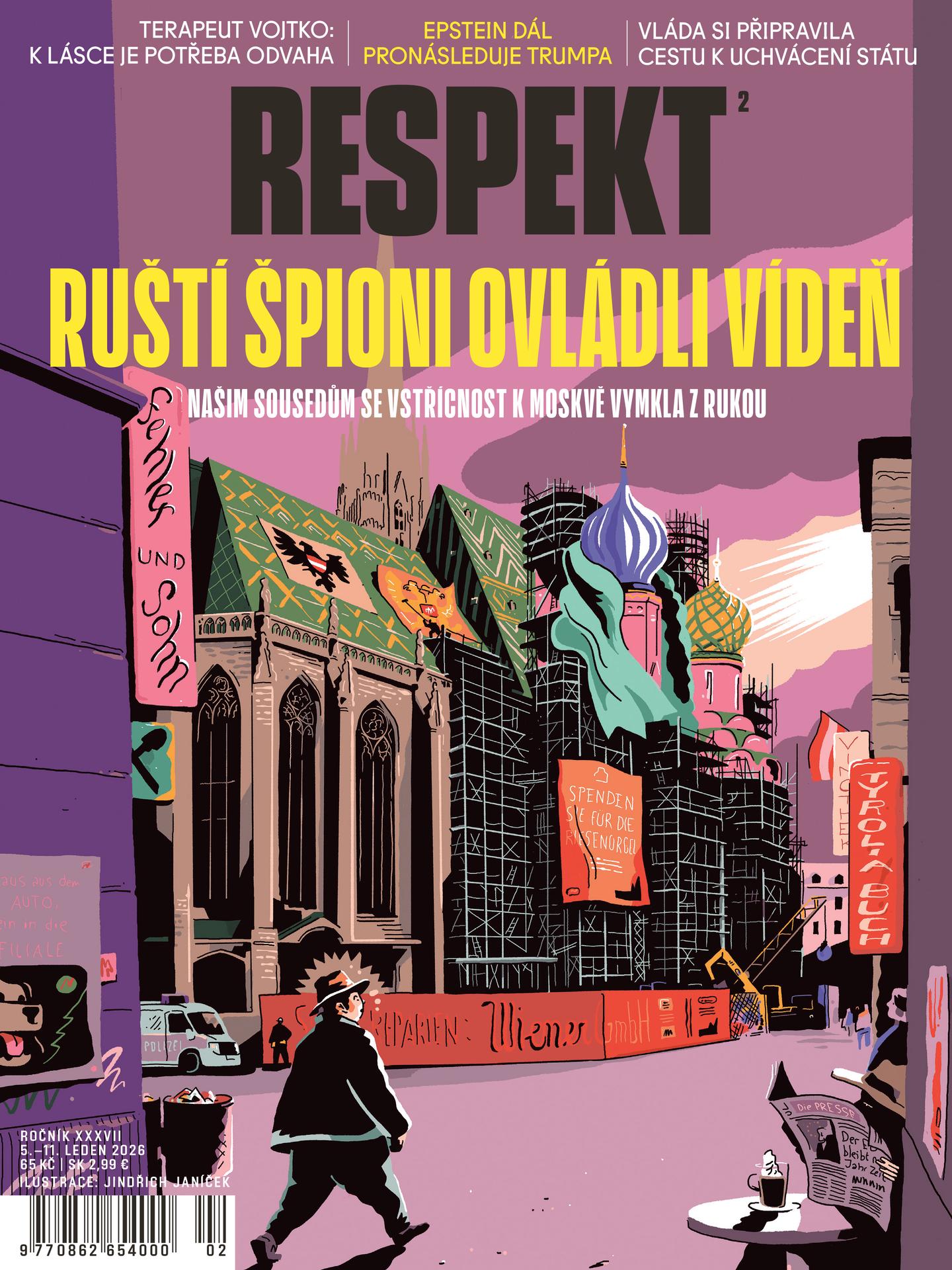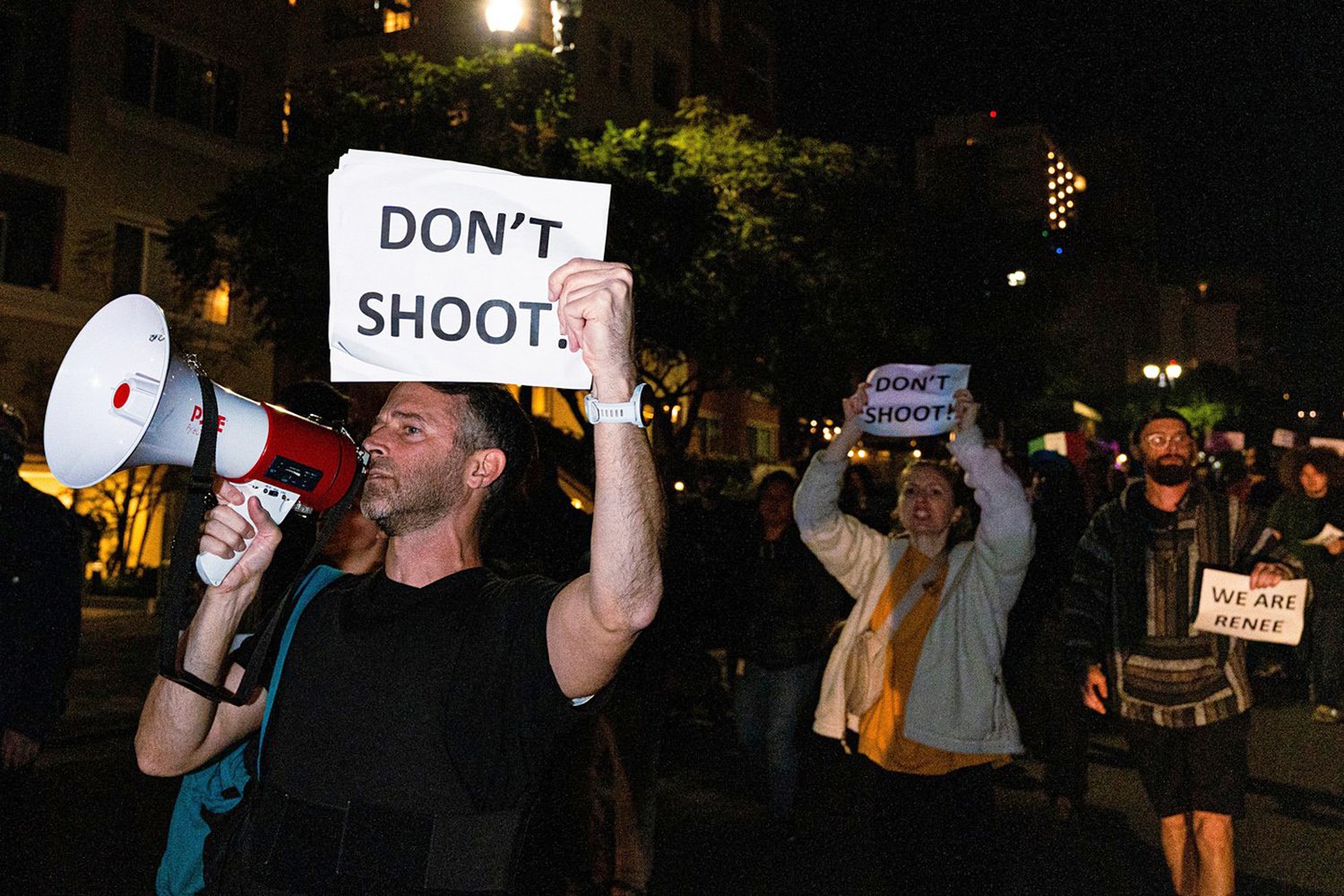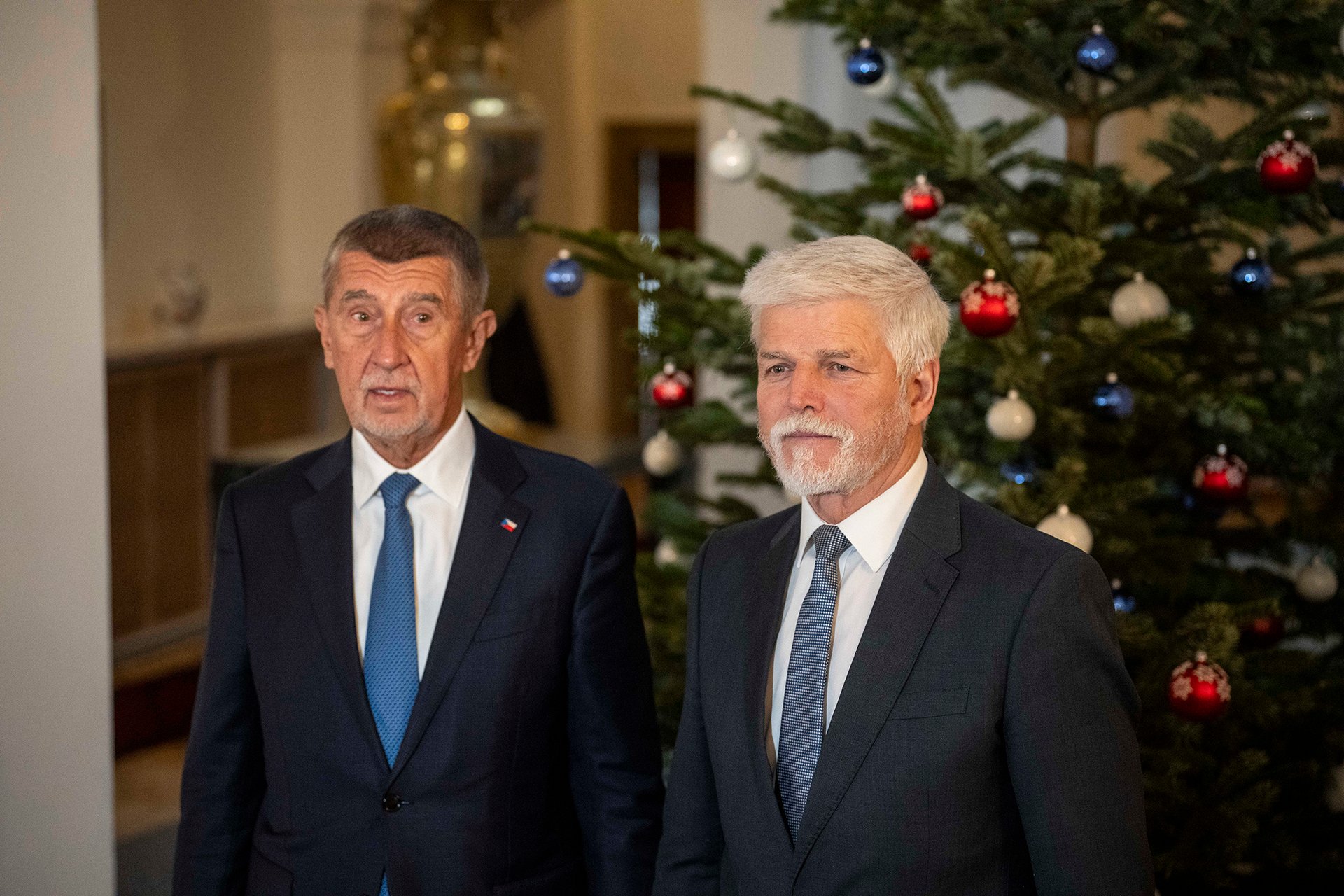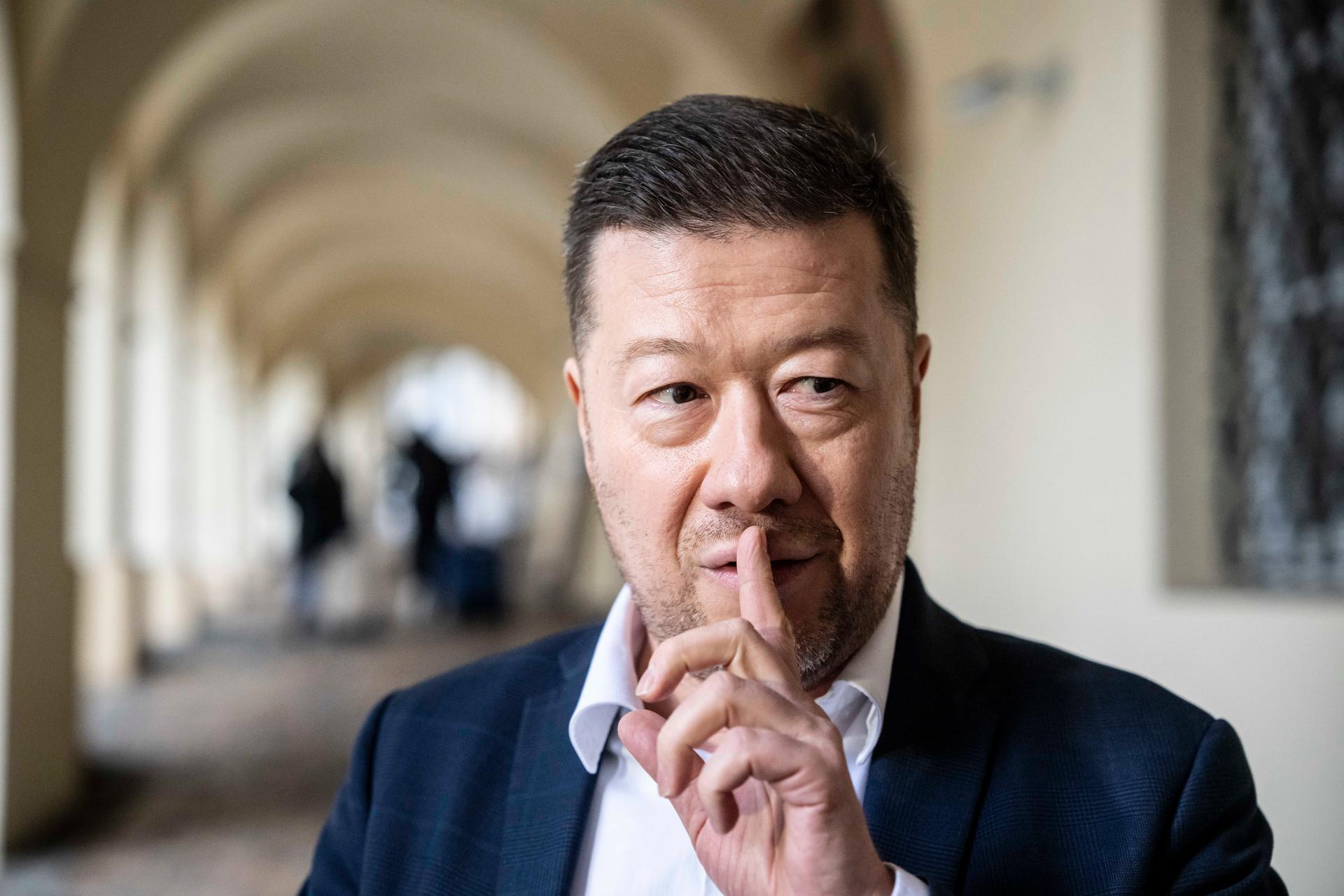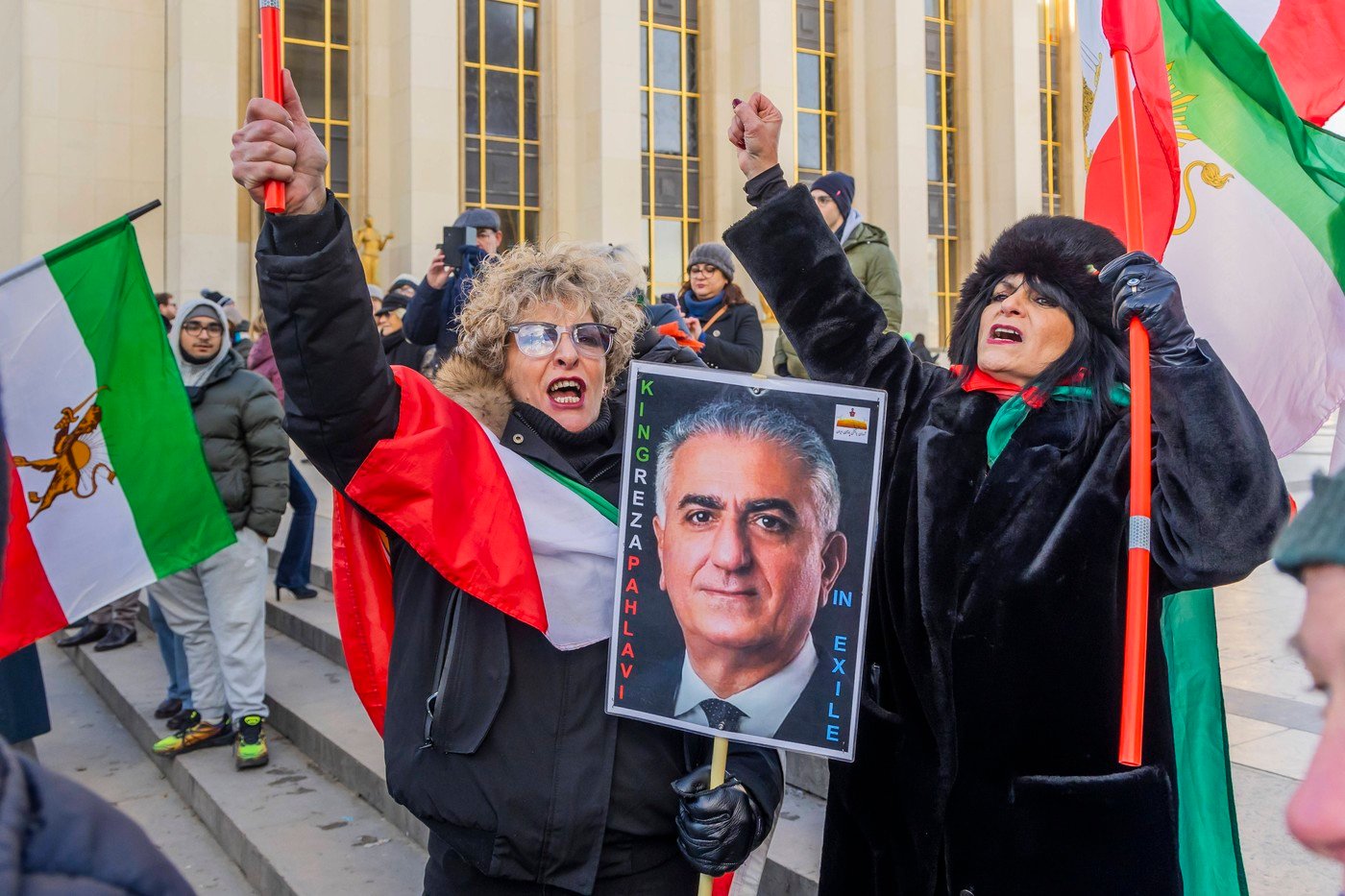Simply Ideal Neighbors
A pioneering home for the mentally handicapped shows the changing face of Czech care

They should have been rivals but instead they decided to join forces for a competition. Today, former university lecturer Radomír Bednář and his student Radek Rosenberger form an ideal partnership at a care home for the mentally handicapped in the western Bohemian town of Stod. The results of their six-year-long cooperation have made them leaders in the field of social care in the Czech Republic and they are often held up as examples to be followed by local authorities. Bednář, the home's head, and Rosenberger, the head of social services, have given their handicapped residents what most people take for granted – a chance to work, live more independently, vote and do their own shopping.
In the front line

When Bednář and Rosenberger joined Stod's social care home six years ago, they knew they would have to start again from scratch. The institution of social care, as it was then known, took care of its residents in the traditional manner – they were given a place to sleep, clothes to wear and food to eat. The Communist regime saw people with disabilities as a group rather than as individuals, so making personal decisions, let alone having a personal life, was unheard of.
Modernizing the obsolete Czech social care system has been on the agenda since the fall of Communism. Real pressure arrived with accession to the European Union. Disgrace fell on Czech social care institutions in 2008 when a BBC report revealed that a number of them had been using cage beds. Nonetheless, the situation has been changing only very slowly: today, thanks to EU funding and support from the Ministry of Social Welfare and Labor, around thirty of the hundreds of Czech care homes have begun building community housing, allowing mentally challenged people to live a more independent and dignified life. It's still only a handful of institutions, however, with Stod among the pioneers.
„Right at the beginning, we arranged for a re-evaluation of our clients' legal status,“ says Radomír Bednář, recalling the early days. „We wanted those who were capable of handling their own finances to do so. Imagine: They couldn't buy anything by themselves, only with the help of a supervisor.“ Unlike most of their colleagues, who typically came up against resistance from the authorities, particularly judges, they succeeded in a majority of cases. „It is clear that people with mental handicaps need our support to be as independent as possible, not that we do everything for them,“ says Bednář.
Life generally revolves around work and family – a state of affairs the Stod institution wanted for its residents too. Under Bednář's and Rosenberger's leadership, it began to organize therapeutic workshops, in which the mentally disabled learn to make carpets and ceramics. Gradually, it employed some of them as help in the institution's kitchen and garden, and as cleaners. They helped find jobs for others with private companies, including a ceramics factory in the nearby village of Chlumčany.
The modernization of social care in Stod wasn't without problems, though. Bringing a female element into the men-only home proved to be a problem. „Cohabitation“ is something that other homes are only now starting to consider. Bednář and Rosenberg faced a number of administrative obstacles as well as reluctance on the part of directors of women-only homes, and only succeeded in bringing women to Stod four years later. Eighteen months ago, five women finally moved into the institution.
The first week of March brought another step forward: thanks to European funds and after three years of work, they opened a bakery and a coffee shop that employs 15 people, nine of whom have mental disabilities. Six of them make bread, rolls and sweet pastry of all kinds, while three help in the U mlsného anděla („At the Gourmet Angel“) coffee shop. „We supply bread to the local hospital, a nearby home for the physically handicapped, and a retirement home, so the bakery is actually financially independent,“ says Rosenberger.
Alongside the coffee shop and the bakery, community housing for 12 of the institution's residents will soon open in this complex of buildings in downtown Stod. One of the residents is František Šlehofer, to whom cohabitation – hardly a cuddly word – brought a life partner, Jana. They will move into their brand new home next month. In the institution they spent a year living in a training household. „They do their own shopping, they cook their own dinner every night, they learn how to handle money,“ says Rosenberger, describing the process by which residents are trained to be self-sufficient. „It is a step forward but our dream is to spread the handicapped people among the general population much more.“
They did exactly that a year ago, in the nearby town of Holýšov, with five residents who now live offsite in two apartments. „They commute to work on their own, they make sure they're on time for their morning and night shifts, they do their own grocery shopping, cook and clean – all by themselves,” says Rosenberger proudly. Their neighbors were a bit nervous at first, not knowing what to expect, but were soon won over. "Our guys showed them there is nothing to be afraid of,“ says Rosenberger with a laugh. „They are reliable, hard-working and pay their rent on time. Simply ideal neighbors.“
Pokud jste v článku našli chybu, napište nám prosím na [email protected].

